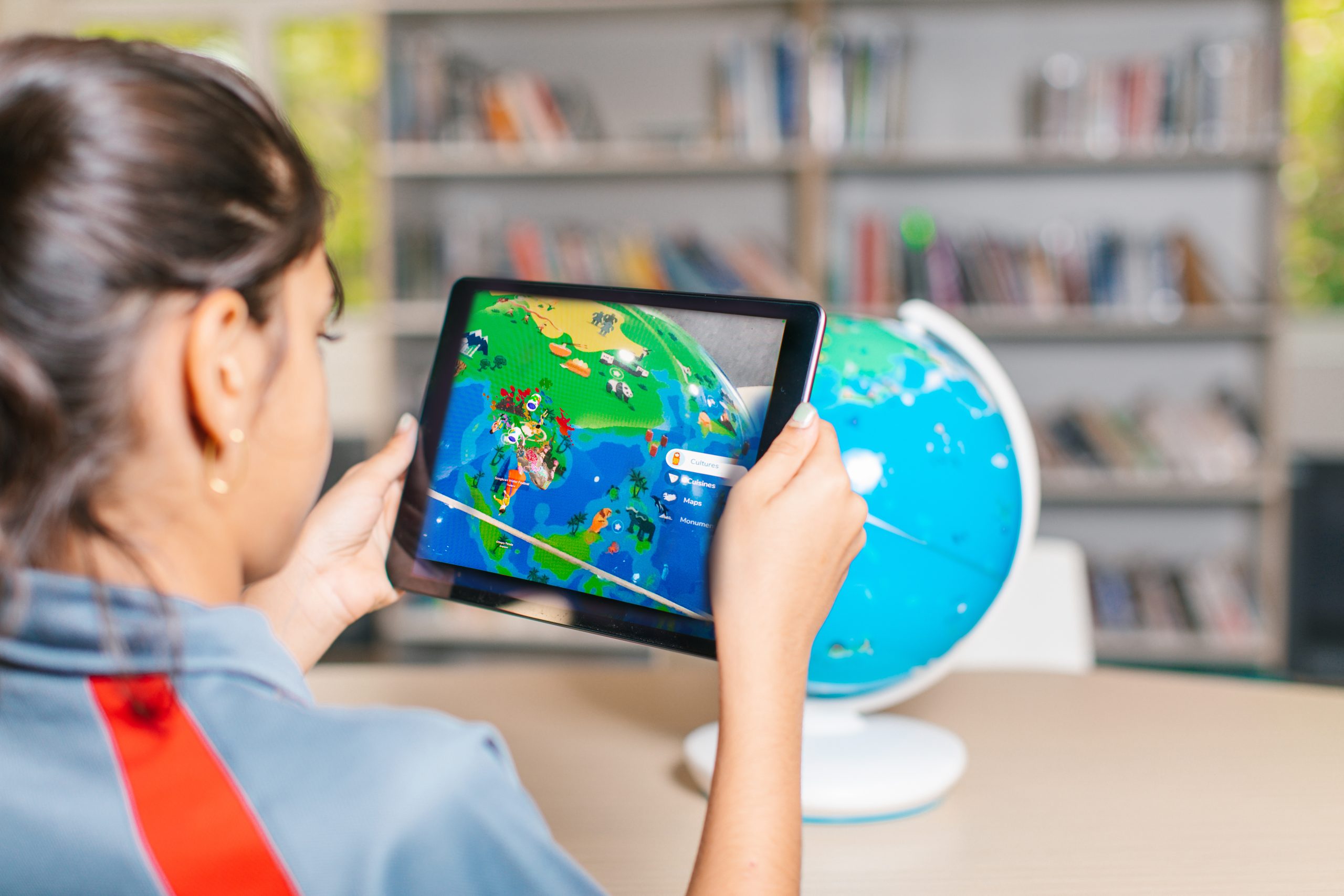Artificial intelligence (AI) has evolved rapidly, becoming an integral part of everyday life and reshaping many aspects of human functioning, including education. In the classroom, AI has emerged as a powerful tool that enhances both teaching and learning experiences, offering more flexible, personalised, and efficient approaches to education. By providing students and teachers with a wide array of resources and diverse learning experiences, AI is transforming the educational landscape, making it easier for students to grasp new concepts while accommodating diverse learning needs.
Digital learning
International schools across Bangalore are integrating AI into classrooms, offering teachers enhanced flexibility, and promising them a wide spectrum of personalised student learning experiences. AI also helps bridge this gap by alleviating administrative burdens and enabling teachers to concentrate on nurturing student growth. Using AI as support, time-consuming tasks such as lesson planning, grading, and schedule management, AI represents the potential to provide more time for educators to invest in building greater personalised connections in relationships with their students. AI-powered assessments offer a more accurate and tailored approach to evaluating student progress. These assessments can account for various aspects of the curriculum, enabling teachers to differentiate instruction based on students’ unique learning needs, difficulties, and styles. As a result, AI helps to foster a more inclusive learning environment, through differentiated approaches which can allow students more nuanced support for their learning.
Teaching Responsible AI Usage
As AI becomes increasingly prevalent in the classroom, it is crucial for educators to teach students how to use these technologies responsibly. While AI is a powerful tool for enhancing learning, it requires oversight to ensure effective and ethical use. Teachers play an essential role in helping students understand AI’s capabilities and limitations. While AI can automate tasks and provide valuable insights, it cannot replace the human aspects of education—such as fostering creativity, building trusting relationships, and developing the critical aspects of emotional intelligence and social skills.
The responsibility of schools is to guide students in using AI in ways which complement their strengths, develop their limitations, while also helping them to develop essential skills which must not be lost to the convenience of AI. Further, the top international schools in Bangalore support holistic educational approaches, and many of the qualities which this represents cannot be replicated by AI. Whilst AI can create diverse personalised learning experiences, delivering individualised interaction and engagement for all students, it is the human qualities and values which are part of holistic student development which will create the highest value in our shared futures.
AI and the Future of Collaboration and Career Readiness
Top international schools in Bangalore use AI and digital tools to promote collaboration—an essential skill for success in today’s interconnected world. By working together on projects, students can develop teamwork, problem-solving, and communication skills that are crucial for their future careers. Effective use of AI requires students the skills of digital literacy, as well as the modes of thinking and interacting with AI to optimise the utility of the information and outputs which AI provides. These experiences prepare students to be adaptable, resourceful, and effective team players, helping them thrive in a fast-paced, tech-driven world.
The Irreplaceable Role of Teachers
While AI is a useful and convenient tool for supporting learning both in the classroom and beyond, in the top international schools in Bangalore AI is recognised as a support for teachers and students. The human connection, empathy, and understanding that teachers bring to the learning environment are indispensable. The skills for which AI offers speed and convenience must still exist in students if they are to be highly valued in the future in work and as leaders. Teachers play a crucial role in recognizing and nurturing the individual strengths and weaknesses of their students. AI enables them to better understand where students may need additional help, but it is the teacher’s ability to guide and support students on a personal level that truly makes a difference and equip them to be highly effective in their tasks and their learning both with and without AI. Teachers at the international schools in Bangalore are mindful of the growing reliance on technology. They use digital tools in a way that prevents excessive screen time and promotes a balanced, healthy approach to learning, ensuring that students remain grounded in real-world interactions.
A Future Shaped by Technology and Human Connection
As we look to the future, it is clear that AI and digital learning will continue to play a central role in shaping tomorrow’s leaders. Being one of the best international schools in Hennur, Legacy School is integrating AI into student’s learning journey, and developing the use of AI in classrooms, creating more personalised, flexible, and inclusive learning environments for students. However, the key to success lies in using AI responsibly and ensuring that it complements, rather than replaces, the vital human connections that drive learning and personal growth. Through this balanced approach, we equip the next generation with the tools and skills they need to become innovative, compassionate, and effective leaders.


